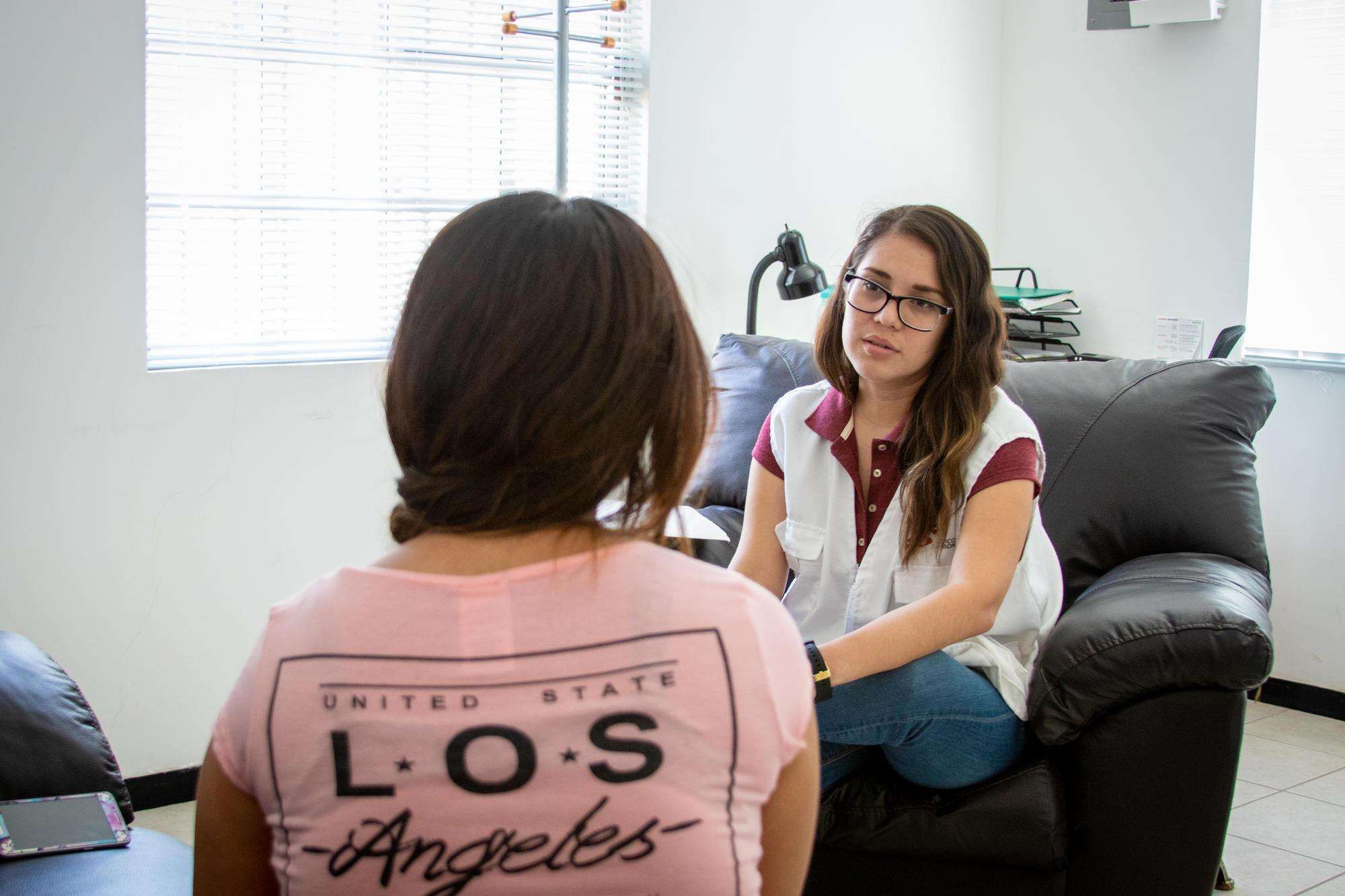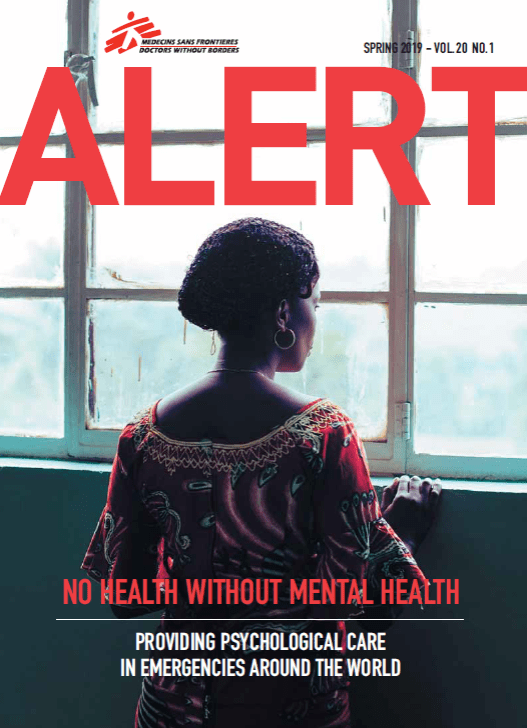To better meet the mental health needs of people on the move, MSF is working to build local capacity and integrate psychosocial services into all levels of care through projects in Honduras, El Salvador, and Mexico. “First, we intervene at the community level through training health promotion teams to recognize the mental health consequences of violence and displacement,” says Juan Carlos Arteaga, MSF regional mental health referent for Mexico and Central America.
We’re working to integrate mental health services into primary health care as well. “Health centers are close to the community, but most of the time they offer no mental health services at all,” says Arteaga.
“The plan is to place psychologists there, and we try to give specialized attention and train medical staff on how to care for patients exposed to violence. We will try to pass along the skills they need to care for this population.”
MSF medical teams that treat patients at migrant shelters and deportation points in Central America and Mexico are also trained to recognize medically unexplained physical symptoms (MUPS). “Most of the time these kinds of symptoms are related to mental health issues,” says Arteaga. “Headaches, body pains, stomach ache . . . these complaints, especially where violence is common, are often related to underlying mental health problems.”
MSF is also pursuing partnerships with universities in Mexico and Honduras to integrate mental health care training into medical school curriculums. “In many Latin American countries there is a lack of health services in general,” says Arteaga. “So mental health care is often not a priority for the health systems.” Since most health centers don’t employ psychologists, many psychology students don’t learn how to care for people affected by violence or displacement.
MSF hopes to work with Mexican and Central American universities and ministries of health to provide that training. “Together with other partners, we are trying to create a specific model, a specific curriculum for students,” says Arteaga. “We’ll provide university students with on-the-job training with MSF psychologists.” The project is still in the early planning stages, but Arteaga is hopeful that it could help to prepare a new generation of mental health professionals to address the growing needs among displaced people in Mexico and Central America.





